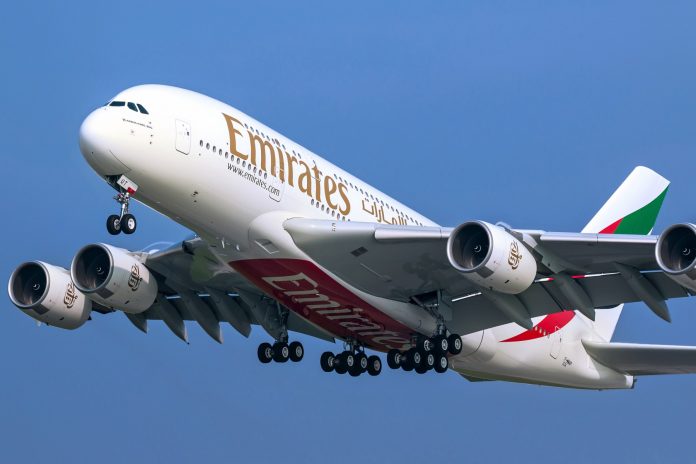The Indian government has reportedly dismissed a recent request from the United Arab Emirates (UAE) to increase the number of weekly seats offered by airlines between the two countries.
The UAE, and Dubai-based Emirates and flyDubai in particular, had been looking to expand the weekly quota of seats by an additional 50,000, from the current 65,000.
India is a key market for Emirates, which currently operates around 170 flights per week to nine Indian destinations, some of which are serviced by large A380 aircraft, making it the international airline with the largest presence in the Indian market. Indian traffic is also a significant feeder for Emirates long-haul routes, with Dubai being a major transit point for passengers travelling to and from India.
The refusal to increase capacity between the two countries comes in the wake of a major expansion of India’s own airline sector. Air India, IndiGo, startup Akasa Air and the relaunched Jet Airways all hold ambitious plans to grow internationally and are planning to build significant long-haul fleets in the coming years.
Speaking to Reuters, India’s Civil Aviation minister Jyotiraditya Scindia, confirmed the preference of the Indian government for local carriers developing their own long distance route network out of Indian hubs.
Speaking at the CAPA India Aviation Summit on March 21, 2023, Emirates’ CEO, Tim Clark reacted to the news, lamenting the stance of the Indian authorities, which he suggests would not only affect the airline he manages, but also deprive Indian airlines of future growth opportunities.
























